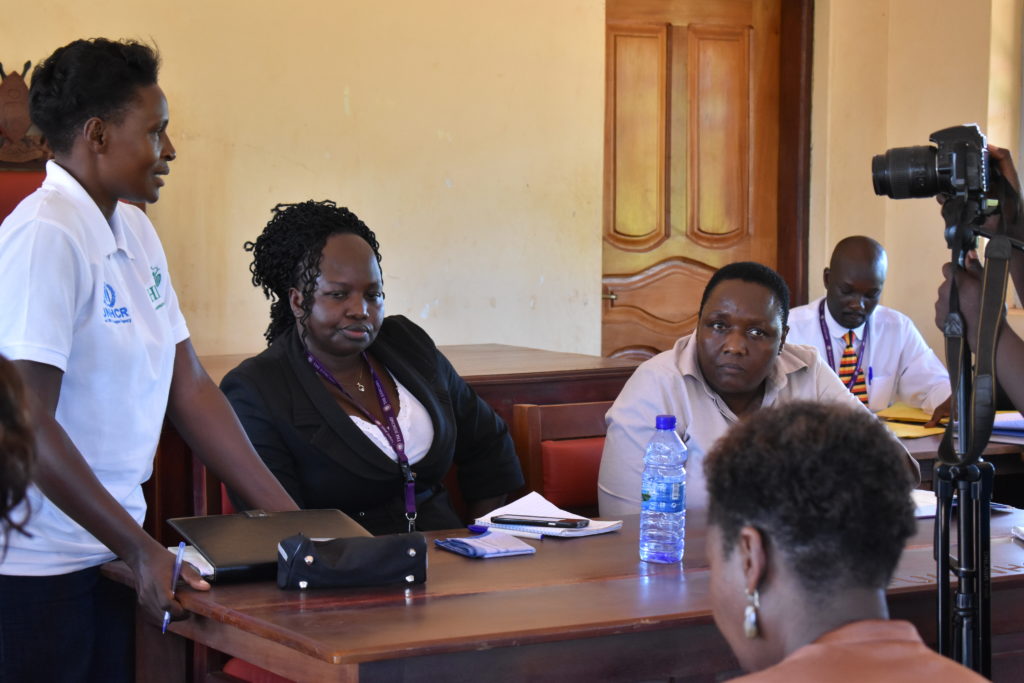In December 2018, CILC was granted a new Nuffic project under the Orange Knowledge Programme (OKP) to train staff of the Directorate of Community Service (DCS) in Uganda.
This refresher course follows up a tailor-made training delivered in 2016 to the same Directorate. The course builds on CILC’s long collaboration with the DCS which goes back to 2014 when we first met with the DCS team in The Hague during a benchmarking visit, coordinated by the Dutch Ministry of Foreign Affairs. Since then, CILC has supported the DCS in fulfilling its mission to ensure community service is effectively and efficiently implemented in Uganda as an alternative sanction.
The recent course was delivered in a two weeks session aiming at strengthening the institutional and staff capacity of the Directorate of Community Service. CILC experts also provided technical input on the management and rehabilitation of offenders in the refuge settlement areas and Sexual Gender Based Violence (SGBV).
Uganda hosts the biggest refugee settlements in Africa with in total an estimated population of 1,3 million refugees. Refugees are vulnerable to a high magnitude of SGBV if this is not dealt with properly hence the intervention which addresses a human rights concern as well as decongesting prisons facilities in the refugees settlements. Some of the contributing factors to SGBV are linked with poverty that is also linked to high illiteracy levels, low skills and limited livelihood opportunities for refugees. Common among refugee settlements in Uganda is domestic violence, early marriage and harmful practice against children and women which constitute the most dominant forms violence that have led to crime with Refuge Settlements.
Our first training session, which took place between 18 – 22 February, focused on understanding SGBV as a crime and practice, and defining the role and responsibility of the DCS in dealing with SGBV offenders and victims. The training enabled staff to realise that SGBV goes beyond assault (physical violence) and that it takes different forms of abuse mostly against women and children.
The training sessions did not remain theoretical, as participants had many opportunities to practice their skills. They were engaged in brainstorm sessions, in group assignments and in the development of tools, checklists and action plans on communication, recording and management of SGBV cases.
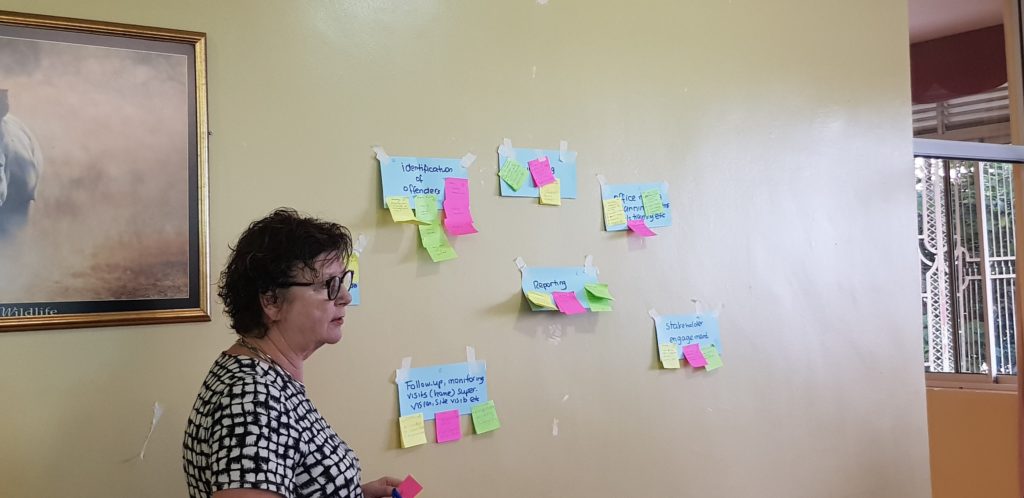
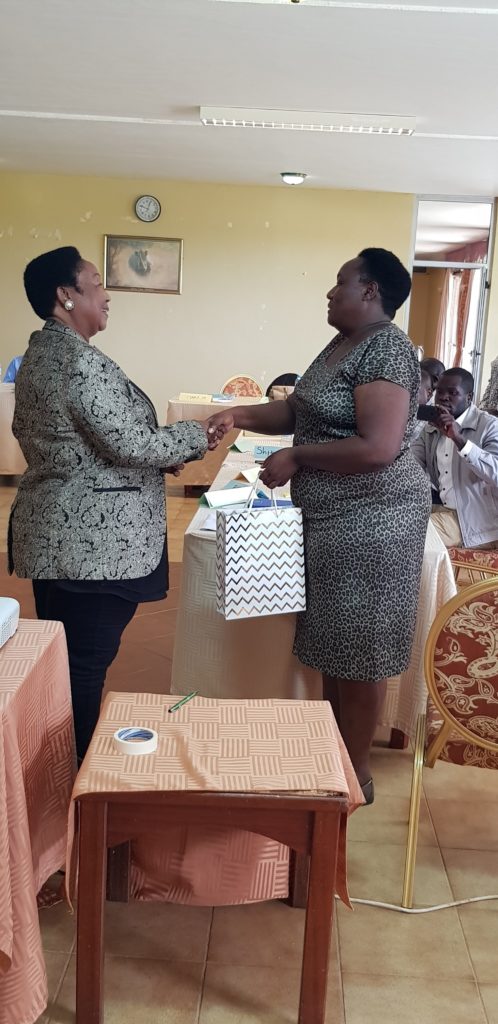
The second training session took place between 1 – 5 April 2019 and dealt with refugee operations, legal practice tools and procedure and the role of DCS in management of refugee offenders.
Participants learnt how to define people of concern within the refugee settings that include asylum seekers, refugees, internally displaced persons among others, and how to treat refugees as offenders and victims, and applicability of community in refugee settlements.
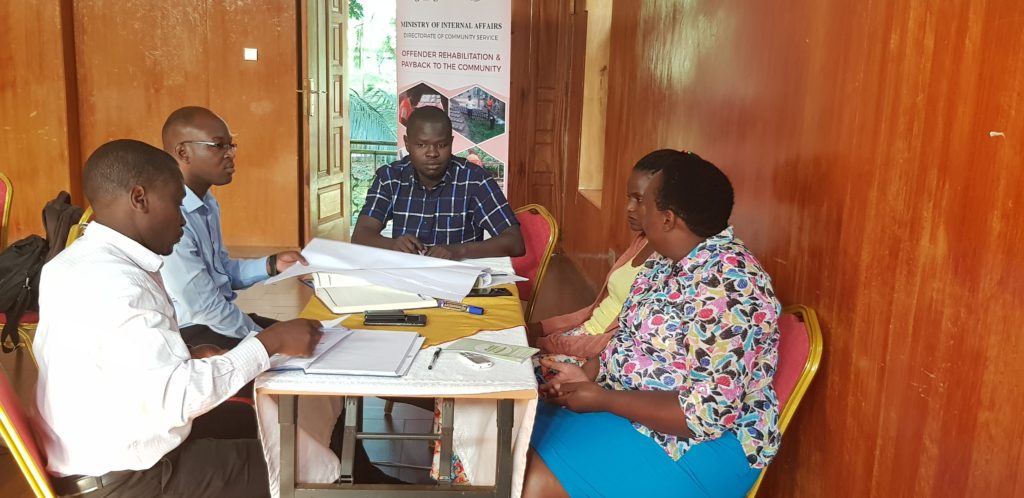
The training further touched upon the role of the DCS and stakeholders in rehabilitation and integration of refugee offenders. The training took different forms and included presentations, brainstorming, discussions, case stories, group work, a quiz and a field visit to the Kyangwali court house, detention facilities and refugee settlement.
The field visit to Kyangwali settlement turned out to be an impactful event for the participants and facilitators. The talks with offenders in refugee settlement it became clear that domestic violence and theft (of poultry or cattle) are the most frequent offences committed. The nature and trend of most common crimes in the Refugee settlement emphasised the need to increase awareness on SGBV and entrepreneurship as means to reduce poverty among refugee offenders. The offences detailed above are eligible for community service, therefore there is a need for sensitisation on community service to the judicial officers, the refugees and the host communities to encourage the issuance of orders.
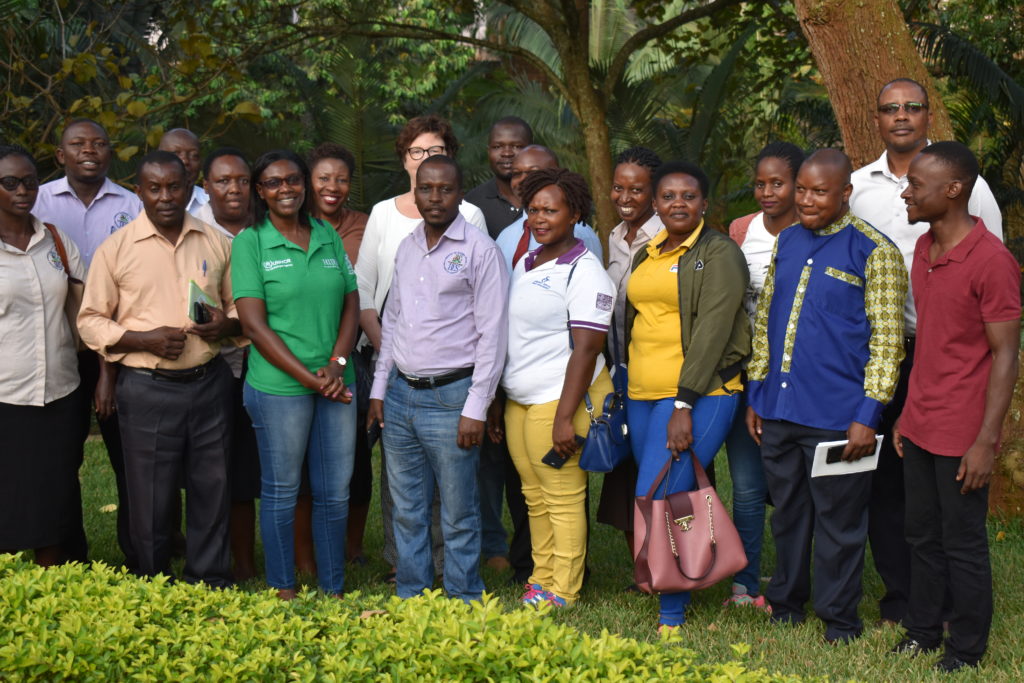
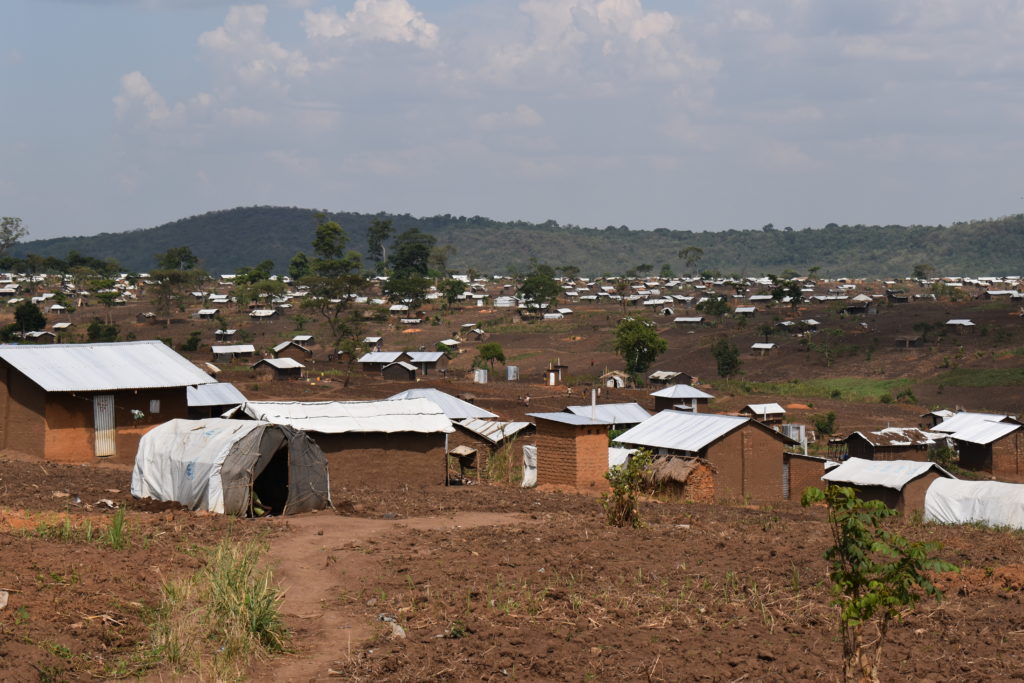
The teamwork between the judicial officers, probation officers and refugee relief organisation staff seemed to be the magic behind the remarkable success of Kyangwali Refugee Settlement in the utilization, management and rehabilitation of refugee offenders through community service.
The meeting at the Magistrates Court with stakeholders showed the strong commitment of the judiciary (judicial officers) to collaborate with the criminal justice chain stakeholders to combat crime and to support the rehabilitation of offenders through the community service. The missing link, however is that stakeholders urge on the need to follow up community service orders in refugee settlement, to establish stronger mechanisms for rehabilitation and reconciliation of offenders. The immediate solution to the missing link is through partnership with refugee relief organisations like United Nations High Commissioner for Refugees (UNHCR), Humanitarian Initiative Just Relief Aid (HIJRA) and CRS who are constantly present at Refugee settlements.
During the refugee settlement exercise, the staff of the DCS reflected on the lessons learnt and drew an action plan to reinforce community services in refugee settlements. The Directorate staff highlighted a need for more training and awareness activities in refugee settlements, establishing a service desk in refugee settlements to manage offender placements and seek partnership with stakeholders for referral and coordination purposes.
Aside the field visit, participants who happened to have been staff of the DCS learned how to support offenders in developing business plans and becoming entrepreneurial to avoid becoming recidivists . Participants reviewed their institutional and personal development plans and each set goals to report in six months upon completion of the training.
We hope the training has empowered the DCS to make a difference in the current criminal justice system and as well contribute in providing a relief to overcrowded prisons in Uganda. The issues of SBGV and refugee administration are pivotal in the drive to make Community Service in Uganda a center of Excellence. With strong will and commitment from all stakeholders especially the judiciary will see an increase in Community Service Orders issues and managed properly. Giving an offender another chance as the slogan for DCS reads will be a reality.
